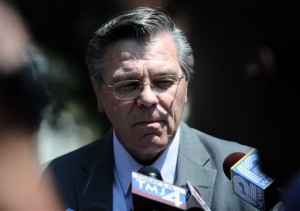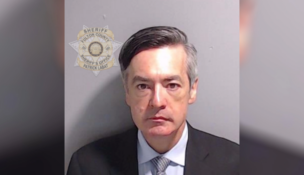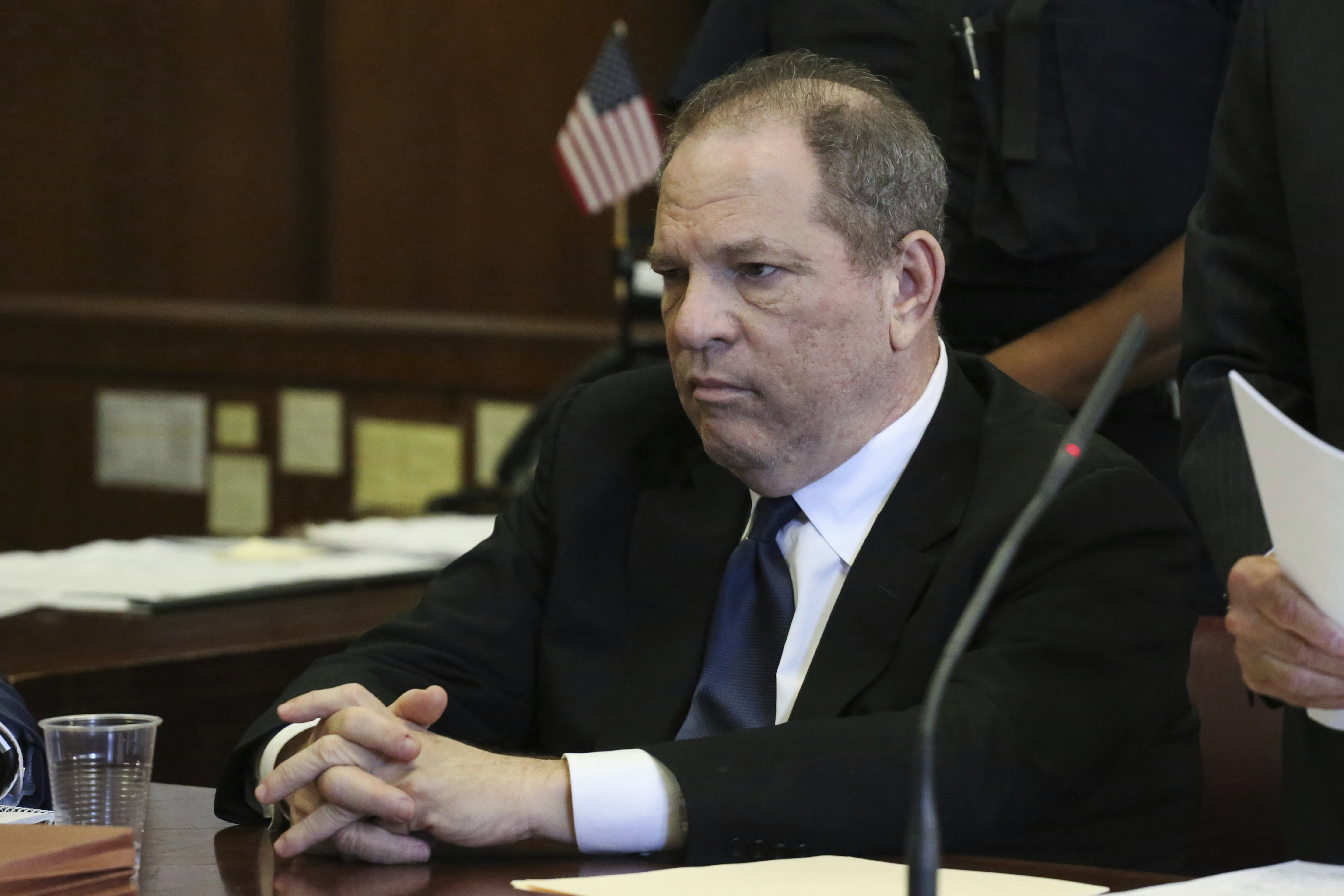High court to make rare examination of prosecutors’ ethical duties in discovery
By: Erika Strebel, [email protected]//March 15, 2018//
High court to make rare examination of prosecutors’ ethical duties in discovery
By: Erika Strebel, [email protected]//March 15, 2018//
Should Wisconsin prosecutors be held to a higher ethical standard than their constitutional obligation to disclose evidence to criminal defendants?
Under the U.S. Supreme Court case Brady v. Maryland and a subsequent case, prosecutors have a duty to disclose all material exculpatory evidence to the criminal defendant. Evidence considered material is information that would have changed the result of the proceeding. Failure to do so is a violation of defendants’ constitutional right to due process and can result in new trials or new sentences.
Prosecutors also have certain ethical duties under their states’ individual rules of attorney conduct. Many states have adopted the American Bar Association’s model rule involving disclosure of evidence in criminal cases. Under that rule, prosecutors must timely disclose to the defense all evidence or information known that could negate guilt or mitigate the offense. Unlike the Brady violation, the ethical rule, as interpreted by an ABA opinion, is broad, requiring that all evidence regardless of whether it is material to the defense’s case must be timely disclosed.
However, Wisconsin is one of the few states that have pronounced that its ethical rule involving prosecutors’ disclosure of exculpatory evidence is more narrow, only requiring that prosecutors divulge material exculpatory evidence.
The Wisconsin Supreme Court stated this departure in the 2013 case of Sharon Riek, an assistant district attorney in Racine County who was accused in 2011 of breaking ethical rules when she turned over a note to the defense four days before trial in a marijuana possession case even though she’d had it for months.
A referee found that Riek had acted ethically and recommended the complaint dismissed. The high court agreed, noting that the defense had known about the information because a probation agent had told the defense about it, and thus Riek’s actions did not amount to a Brady violation.
In clearing Riek, the justices noted that to adopt separate legal and ethical standards for disclosure would “generate confusion and could too easily devolve into a trap for the unwary.”
Five years later, a retired Kenosha County district attorney is contending that if the court chooses to uphold a referee’s decision in his disciplinary case, the justices would have to overturn their decision in Riek’s case.

Last year, the Office of Lawyer Regulation charged then newly retired Kenosha County District Attorney Robert Zapf with three counts of misconduct involving two related homicide cases.
The complaint alleged that Zapf failed to tell defense counsel in both cases that a Kenosha police officer had planted an ID card and bullet while searching a defendant’s home, and that the officer had resigned because of that conduct.
The OLR also alleged that Zapf lied to the court by failing to tell the court during trial that the testimony about the ID and bullet was incomplete.
Also, by failing to tell defense counsel in both cases that a Kenosha police officer had planted an ID card and bullet in a backpack found while searching a defendant’s home and that the officer had resigned because of that conduct, the OLR contended Zapf had violated his ethical and legal duties to fully disclose evidence to the defense.
The OLR had asked that Zapf’s license be suspended for 90 days.
The referee in the case, retired Judge Dennis Flynn, held a hearing in the case in July. In an 85-page report filed last year, Flynn found that Zapf had committed two of the three alleged counts of misconduct. First, he had lied to a tribunal, and two he had violated both his ethical and legal duties to fully disclose the evidence to the defense.
However, Flynn found that Zapf had not helped a witness falsely testify.
Nevertheless, Flynn recommended that Zapf’s license be suspended for at least a year – four times longer than the discipline the OLR had sought. He also recommended that Zapf be banned from working as a prosecutor.
Zapf appealed Flynn’s report, challenging both findings of misconduct. In challenging Flynn’s finding that he violated both the ethical and legal duty to disclose evidence material to the defense, Zapf is contending that the information about the planted bullet and ID were not material, as required by Brady. He is also contending that his client did disclose the evidence because the report from the police was mailed to the lawyers of both criminal defendants.
The OLR, however, is contending that Flynn was correct in finding both a Brady violation and ethics violation on Zapf’s part because Flynn took a broader view that the information about the bullet and ID were material because the defense attorneys had testified that had they known of the information, it would have changed their strategy in the cases.
The OLR is also contending that to uphold Flynn’s findings would not require the court to overturn its decision in Riek because the cases are distinguishable. First, in Riek’s case, the information at issue was not material covered by Brady because the defense already had the information five months before trial. In contrast, the OLR contends the report Zapf gave to the defense attorneys did not describe that the bullet and ID had been planted when a search warrant was executed and that the defense attorneys only found out about it at trial.
The OLR is represented by its retained counsel, Gregg Herman of Loeb & Herman. Zapf is represented by Richard Cayo and Stacie Rosenzweig of Milwaukee-based Halling & Cayo. Follow @erikastrebel
Legal News
- Questions of transparency, leadership responsibility linger over State Bar trust
- Firm demands $4.3M in dispute with Wisconsin client
- Chesebro among those charged with interfering in 2020 election
- Williams-Sonoma must pay almost $3.2 million for violating FTC’s ‘Made in USA’ order
- Harvey Weinstein due back in court, while a key witness weighs whether to testify at a retrial
- Protests erupt on college campuses throughout Midwest, and U.S. over war in Gaza
- Flight attendant indicted in attempt to record girl in airplane bathroom
- Wisconsin attorney loses law license, ordered to pay $16K fine
- Former Wisconsin police officer charged with 5 bestiality felony counts
- Judge reject’s Trump’s bid for a new trial in $83.3 million E. Jean Carroll defamation case
- Dozens of deaths reveal risks of injecting sedatives into people restrained by police
- The Latest: Supreme Court arguments conclude in Trump immunity case
WLJ People
- Power 30 Personal Injury Attorneys – Russell Nicolet
- Power 30 Personal Injury Attorneys – Benjamin Nicolet
- Power 30 Personal Injury Attorneys – Dustin T. Woehl
- Power 30 Personal Injury Attorneys – Katherine Metzger
- Power 30 Personal Injury Attorneys – Joseph Ryan
- Power 30 Personal Injury Attorneys – James M. Ryan
- Power 30 Personal Injury Attorneys – Dana Wachs
- Power 30 Personal Injury Attorneys – Mark L. Thomsen
- Power 30 Personal Injury Attorneys – Matthew Lein
- Power 30 Personal Injury Attorneys – Jeffrey A. Pitman
- Power 30 Personal Injury Attorneys – William Pemberton
- Power 30 Personal Injury Attorneys – Howard S. Sicula











